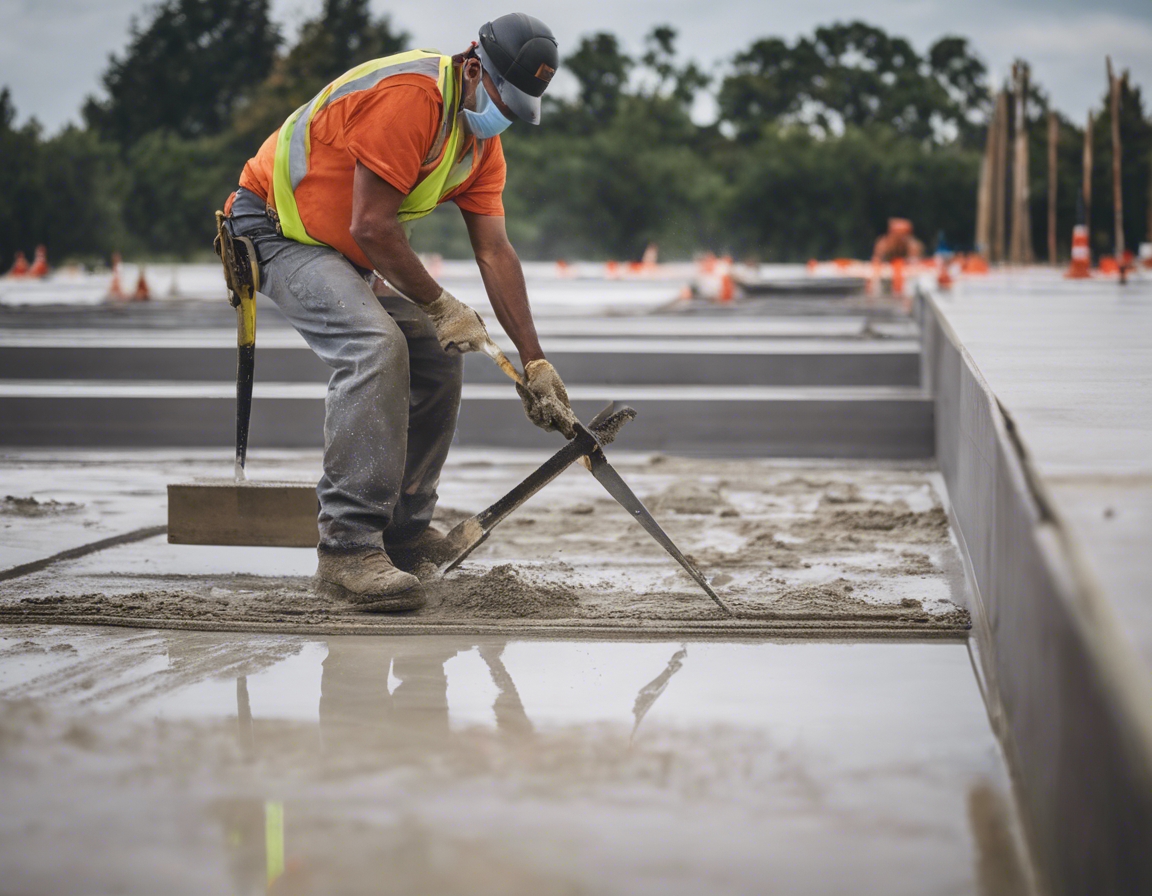Foundation fundamentals: building a solid base
The integrity of any building lies in its foundation. A well-constructed foundation ensures the longevity and safety of a structure, serving as the bedrock upon which all other construction activities rest. For construction companies, architects, and property developers in Estonia, recognizing the critical role of a solid foundation is the first step towards achieving structural excellence.
Foundations are not just about supporting a structure; they distribute the weight of the building evenly across the soil, prevent settling and movement, and provide insulation against cold and moisture. A foundation must be designed to withstand both the loads of the building and the natural forces that could affect its stability over time.
Types of Foundations Used in Construction
Shallow foundations, also known as spread footings, are commonly used when the soil has sufficient bearing capacity to support the structure's loads at a relatively shallow depth. This type of foundation includes slab-on-grade, mat, and strip footings.
When soil conditions are not favorable for shallow foundations, deep foundations are employed. These include piles, drilled shafts, and caissons, which transfer building loads to deeper, more stable soil layers or bedrock.
Key Considerations in Foundation Construction
Before laying a foundation, a thorough analysis of the soil and site conditions is essential. This analysis determines the type of foundation required and informs the design process to ensure stability and durability.
Designing a foundation plan involves careful consideration of the building's load requirements, soil characteristics, and environmental factors. This step is crucial in preventing future structural issues.
Selecting the appropriate materials for foundation construction is vital for ensuring the foundation's performance. High-quality concrete, reinforcements, and waterproofing materials are among the essentials for a robust foundation.
Best Practices for Foundation Construction
Site preparation involves clearing, excavation, and leveling the ground. Proper site preparation ensures that the foundation will be laid on a stable and suitable base.
Quality concrete work is at the heart of a solid foundation. It requires precision, expertise, and adherence to industry standards to ensure that the foundation will withstand the test of time.
Environmental factors such as moisture, temperature, and frost can impact the foundation's integrity. Continuous monitoring and adaptation during construction are necessary to mitigate these effects.
Advanced Techniques in Foundation Construction
The construction industry is continually evolving, with new materials and technologies emerging to enhance foundation construction. These innovations contribute to stronger, more sustainable, and cost-effective foundations.
Automation in concrete works has revolutionized foundation construction, allowing for greater precision and efficiency. BETOX OÜ is at the forefront of integrating these advanced techniques into our projects, ensuring the highest quality outcomes for our clients.






Comments (0)